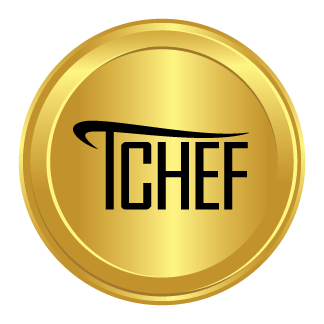

|
The operation of the modern commercial cookery industry requires two categories of chefs, the “Industry chef” and the “professional chef”. “Industry chefs” mainly carry out the day to day manual food preparation tasks, but are yet to reach the sophisticated level of a professional chef. They fundamentally are the “Jack and Gill of all Trades, Master of none”. Many hold insufficient culinary qualification to indicate competence as a cook, and believe that any culinary qualification is all that is required to justify being called a professional chef, but this is unfortunately untrue. Even though a valid qualification may only be obtained from a government accredited source, the commercial cookery trade or “chef” is unregulated, therefore a culinary qualification does not verify one is a “professional”; a qualification only provides evidence that one should be competent at food preparation at the level of the qualification, usually as a competent cook. Significantly a qualification does not indicate the person’s level of experience since completing the course, nor their mindset, status and entitlement to be identified as a professional chef. Industry chefs need to realise a culinary qualification only opens the door to the commercial kitchen, the reality is; the very same day one successfully completes a culinary qualification, becomes the first day of a second learning curve that will in time add professionalism to a cooks/chef competency. This secondary “professional education” builds upon their qualification, by developing a mindset of professional: attitudes, behaviours, beliefs, discipline, habits, self-discipline and values. It changes an undisciplined emotional connection with food ( Sometimes referred to passion)into a controlled outlook of a career and vocation, some will take years to achieve this, and not all will pass this test, but those who do, will emerge as a real professional chef. This is where a credential serves its purpose. Membership of the Australian Institute of TechnicalChefs (AITC) is a credential to demonstrate by a logo, the chef is both competently trained at the appropriate level, and has professionally advanced from a competent cook into a professional chef. |

